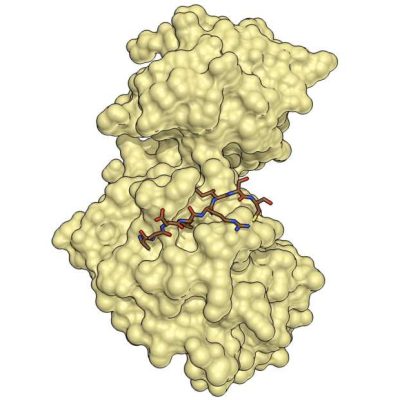A recent study conducted by researchers at the University of Helsinki has investigated whether legumes can replace meat in terms of protein intake and bone health. As more and more people reduce their meat consumption, the study aimed to determine whether a diet with a lower meat intake could still provide sufficient protein and maintain bone health. The study involved 102 Finnish men who were split into two groups. One group consumed 760 grams of red and processed meat per week, which covered around 25% of their total protein intake, while the other group mainly consumed legume-based foods, particularly peas and beans, which covered around 20% of their total protein intake. The study found that there were no differences in bone formation and breakdown biomarkers, essential amino acid and protein intake, and calcium and vitamin D intake between the two groups.
The reduction in meat consumption has been a growing trend in many countries, including Germany. However, some critics argue that a low meat diet can be unhealthy for humans and can negatively impact bone health and protein intake. The BeanMan study aimed to address these concerns by investigating the effects of partially replacing red and processed meat with legume-based foods on health. The study found that it is safe to replace meat with legumes, as there were no negative impacts on bone health or protein intake. The study also found that consuming 200 grams of meat per week, which is the upper limit recommended by the Planetary Health Diet, is sufficient for protein intake.
The study’s findings are significant as they provide evidence that a diet with a lower meat intake can still provide sufficient protein and maintain bone health. The study also highlights the potential benefits of consuming legumes, which are a good source of protein and other essential nutrients. The study’s results could encourage more people to reduce their meat consumption and incorporate more legumes into their diets.










